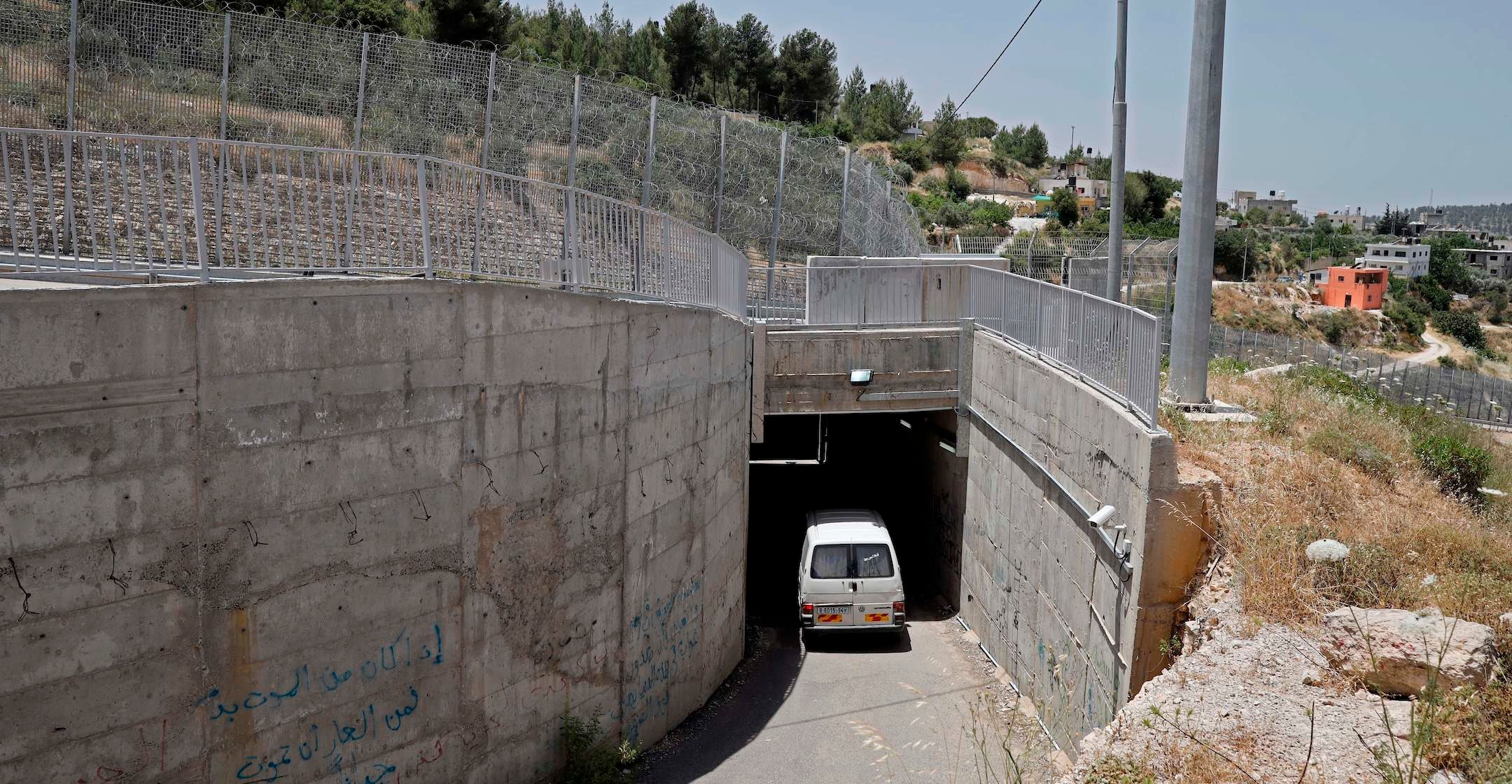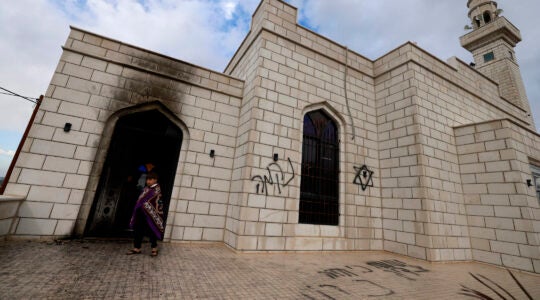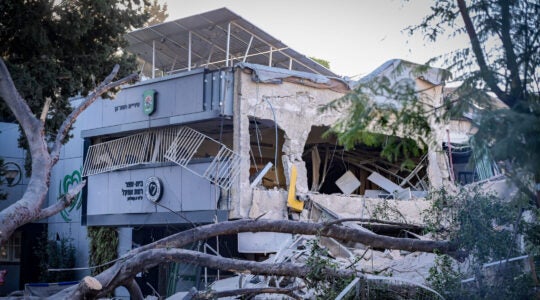(JTA) — Btselem, a leading Israeli human rights group, says that the entirety of Israel should be considered an apartheid state.
Left-wing Israeli groups for years have deemed Israel’s West Bank occupation, or aspects of it, to be an apartheid system. A former prime minister warned in 2017 that Israel was approaching apartheid if it maintained its occupation of the Palestinian territories.
But this is perhaps the first time a prominent Israeli human rights group has applied the term to all of Israel.
“A regime that uses laws, practices and organized violence to cement the supremacy of one group over another is an apartheid regime,” Btselem says in a report released Tuesday titled “A regime of Jewish supremacy from the Jordan River to the Mediterranean Sea: This is apartheid.” “These accumulated measures, their pervasiveness in legislation and political practice, and the public and judicial support they receive – all form the basis for our conclusion that the bar for labeling the Israeli regime as apartheid has been met.”
The term apartheid originated in, and has traditionally been used to describe, the racist legal regime in South Africa prior to 1994. Israel’s harshest critics have long sought to apply the term to the country, a charge many view as unfair and inaccurate, given that Israel affords equal rights to its Arab citizens. The third-biggest party in Israel’s parliament is largely Arab Israeli and Arabs have also served on the nation’s Supreme Court.
“The very essence of apartheid was the physical separation – apartness – of people based on a legislated racial hierarchy,” the Kohelet Policy Forum, a conservative Israeli research institute, wrote in a response to the Btselem report. “There [are] no racial or ethnic distinctions in Israeli law.”
Naftali Bennett, a leading right-wing Israeli politician, called the report “lies” and tweeted that “Some of Israel’s finest judges, diplomats, police officers, and soldiers are not Jewish,” listing several of their names.
Btselem’s report claims that Israel’s policies toward both Palestinians and Arab-Israeli citizens qualify as apartheid.
Within Israel’s recognized borders, Btselem points to various forms of structural discrimination against Arab Israelis, including that Arab municipalities control only 3% of the country’s land despite Arabs comprising roughly a fifth of the population. The report notes that under Israeli law, only Jews are granted automatic citizenship, and offers frequent statements by Israeli officials denigrating Arab participation in Israel’s political system.
It points to a recent law defining Israel as the nation-state of the Jewish people, which Btselem and other groups believe codifies the second-class status of Arab Israelis. Defenders of the law say it merely formalizes the state’s already clear Jewish character.
In the West Bank, which Israel captured in the 1967 Six-Day War, the report says that Israeli citizens who live in settlements enjoy rights that are nearly identical to those of other Israelis, while Palestinians who live there have no right to vote in Israel and enjoy limited freedom of movement. In Gaza, the coastal territory from which Israel withdrew in 2005, Btselem claims that Israel’s continuing control of most of its border qualifies as apartheid. Egypt also controls a border with Gaza.
Arabs who live in eastern Jerusalem, which Israel captured from Jordan in 1967 and annexed, have residency rights in Jerusalem but not Israeli citizenship, for which they can apply. Their neighborhoods lack many of the public resources found in western Jerusalem neighborhoods.
“Israel has perfected a far more sophisticated system of discrimination and colonization through a matrix of regulations and infrastructures that govern every aspect of Palestinian life,” Rafeef Ziadah, a Palestinian lecturer in comparative politics at SOAS University of London, wrote in the Independent regarding the Btselem report. “An apartheid regime requires accountability – and we Palestinians cannot afford any more Israeli impunity.”
JTA has documented Jewish history in real-time for over a century. Keep our journalism strong by joining us in supporting independent, award-winning reporting.






